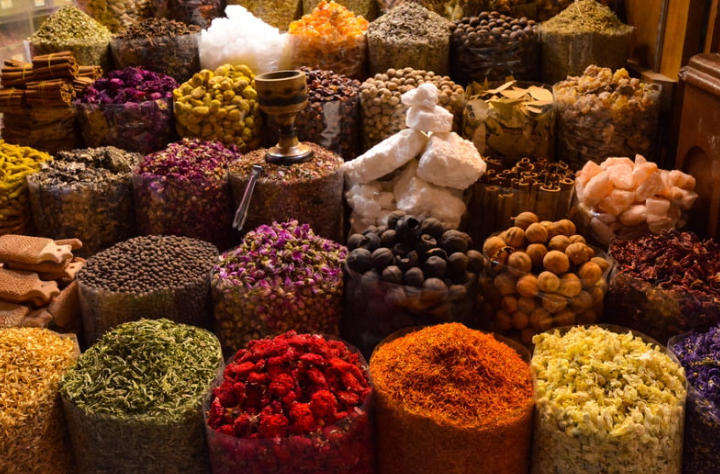
A Pinch of Poison: How Lax Regulations and Corporate Greed are Putting Indian Lives at Risk

The vibrant tapestry of Indian spices, renowned for their aroma and flavor, is facing a dark stain. Export bans by countries like Singapore, Hong Kong, and Nepal expose a shocking truth: Indian spices are laced with ethylene oxide (EtO), a probable carcinogen. This isn’t a minor inconvenience – it’s a potential health crisis fueled by a failure of regulations and the greed of a few big companies.
The Silent Threat: Ethylene Oxide
EtO, a fumigant used to sterilize spices, might seem like a quick fix. But the World Health Organization (WHO) classifies it as a probable carcinogen. While the science behind the exact risk from low-level exposure is still evolving, the potential consequences are terrifying. Millions of Indians consume these spices daily, unknowingly ingesting a silent threat.
A Glaring Disparity: International Standards vs. Indian Reality
The picture gets bleaker when we compare international standards. Countries like Singapore and Hong Kong have significantly lower permissible limits for EtO residue in spices – a fraction of what India allows. This raises a disturbing question: Why are Indian citizens deemed worthy of lesser protection?
A Nation at Risk: Cancer and the Silent Threat
India already faces a significant cancer burden. With an estimated 2.5 million new cases diagnosed annually, every effort should be made to minimize preventable risk factors. ETO exposure, though a potential link, is a cause for concern we cannot afford to ignore.
The Culprits: Lax Regulations and Corporate Greed
The blame falls squarely on the shoulders of the Indian government for lax regulations and a lack of stricter enforcement. This, coupled with the greed of a few large spice companies prioritizing short-term profits over public health, has created a toxic recipe for disaster. These companies are gambling with the lives of millions for a quicker buck.
Beyond the Spice Rack: A Cause for Broader Scrutiny
It’s crucial to remember that the ETO issue might not be limited to spices. This incident highlights a potentially casual attitude towards food safety regulations in India. A thorough investigation and testing of other food products is essential. We need to be proactive in safeguarding public health. Long-term studies analyzing data on ETO exposure alongside cancer incidence rates can provide valuable insights for future preventive measures.
A Call to Action: Prioritize Public Health Over Profits
The time for complacency is over. We, the people of India, deserve better. We demand:
- Immediate action from the government: Lower the permissible limit for EtO in spices to align with international standards.
- Stricter enforcement: Implement robust checks and penalties for companies violating regulations.
- Investment in safer alternatives: Support research and adoption of alternative sterilization methods like steam or irradiation.
- Transparency and accountability: Consumers have the right to know what they’re putting on their plates. The government and companies must be transparent about spice safety.
This isn’t just about protecting our exports, it’s about protecting ourselves, our families, and our future. Let’s not allow a handful of companies to gamble with the health of a nation. Let’s raise our voices and demand the spices we love are safe for the people who cherish them.
A Global Look at ETO Limits:
| Country | Permissible Limit of ETO (ppm) |
|---|---|
| Singapore | 0.5 ppm |
| Hong Kong | 0.1 ppm |
| European Union | 0.5 ppm |
| United States (FDA) | Not currently established |
| India | 50 ppm |
Hello, I am Aman (: Full Time Traveler :) At the age of 41, in April 2023, fueled by my love for travel and the determination not to remain fixed like a tree, I embarked on a bold journey. Having dedicated 17 years to a corporate job, I chose to transition from a full-time employee to a full-time traveler, driven by the desire to break free from the routine and constraints of a conventional life. Along the way, I not only explored the wonders of travel but also uncovered the transformative power of financial freedom. I realized how it could liberate me to lead a life teeming with adventure, purpose, and fulfillment. Through my blogs, I am passionately sharing my story, aiming to inspire and provide valuable guidance to those, like me, who aspire to weave travel into a life overflowing with limitless possibilities.






















Post Comment
You must be logged in to post a comment.